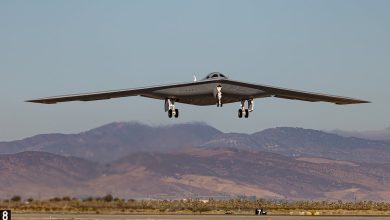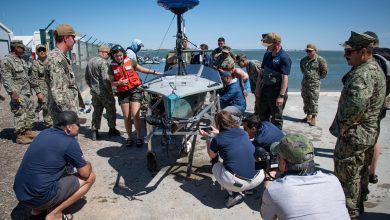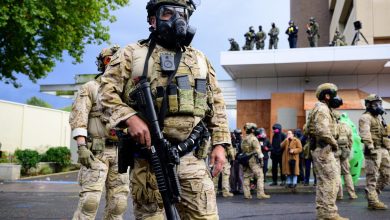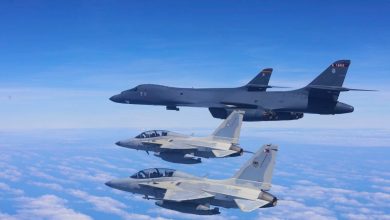German defense boss teases changes for global Ukraine defense group
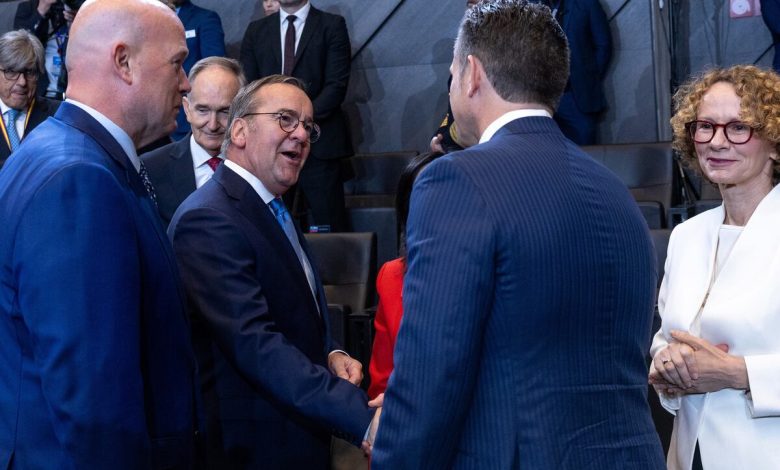
THE HAGUE, Netherlands — The Ukraine Defense Contact Group is in for some changes aimed at streamlining international support for Ukraine’s defense, according to German officials.
The group, which has played a key role in coordinating military aid for Kyiv, saw a leadership change earlier this year following the inauguration of Donald Trump as U.S. president. Washington stepped back from a leading role, in line with the new president’s tepid support for Ukraine in the face of Russia’s attacks, leading Germany and the U.K. to host meetings since then.
Work to tweak the UDCG structure is expected to commence next week, with German Defense Minister Boris Pistorius describing the intended changes as a “joint evolution.” The idea is to better integrate the group’s work with the NATO Security Assistance and Training for Ukraine (NSATU) mission and the smattering of so-called capability coalitions aimed at improving individual military disciplines key to Kyiv’s defense, a German MOD spokesman in Berlin said.
Alliance officials created the NATO support organization for Ukraine at the July 2024 Washington summit. Placed under the auspices of Supreme Headquarters Allied Powers Europe, or SHAPE, its purpose is to coordinate “the provision, transfer and repair of military equipment critical to Ukraine’s operations, as well as training in Allied countries to bolster Ukraine’s military effectiveness” in line with NATO standards, reads a description on the alliance’s website.
The new UDCG strategy is also expected to expand the capability coalitions framework. The supply of fighter jets to Kyiv, for example, was facilitated through such channels.
Meanwhile, the capability coalition responsible for electronic warfare will see additional members, with Belgium, Estonia, Sweden, Italy and Turkey joining the forum, Pistorius announced Wednesday.
Electronic warfare capabilities have become crucial on the battlefields of Ukraine. They encompass manipulations of the electromagnetic spectrum aimed at disabling aerial threats, including drones.
Linus Höller is a Europe correspondent for Defense News. He covers international security and military developments across the continent. Linus holds a degree in journalism, political science and international studies, and is currently pursuing a master’s in nonproliferation and terrorism studies.


